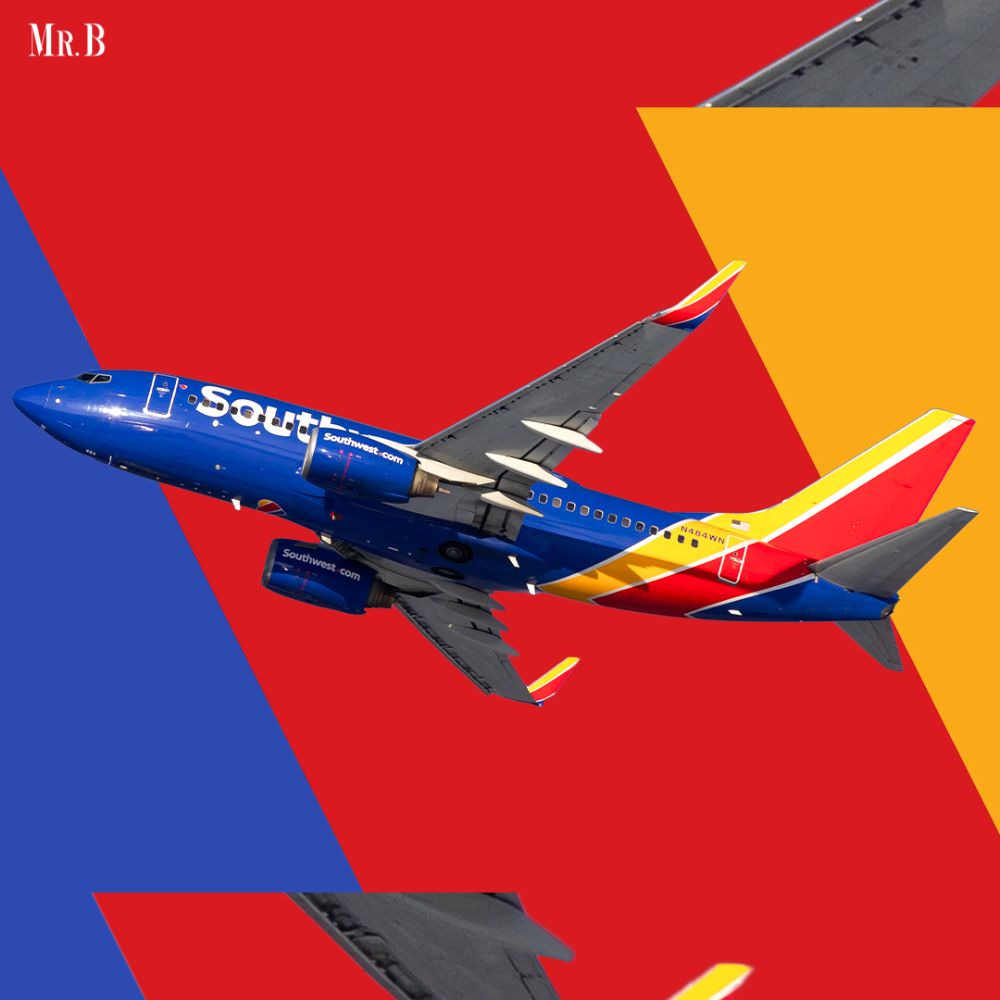(Source – Fastcompany)
Southwest Airlines Revamps Seating Policy
Southwest Airlines is set to introduce a major change by implementing assigned seating for the first time in its history. This move will allow the airline to charge premium prices for specific seats, marking a shift from its long-standing open seating policy. Additionally, Southwest will start offering overnight “red-eye” flights to enhance aircraft efficiency. According to Southwest, these changes are in response to customer feedback, as many passengers prefer assigned seating over the current open seating system. The airline stated that 80% of its current customers and 86% of potential customers favor assigned seating. The transition is expected to broaden Southwest’s appeal and attract more customers by aligning with competitors who already offer seat assignments.
Southwest plans to unveil details of the new seating arrangements in September, with premium seats featuring extra legroom slated to be available by 2025 after necessary plane reconfigurations. This shift comes after a 50-year history of open seating, as Southwest aims to stay competitive amid pressure from activist investors and increasing rivalry from both major airlines like American, United, and Delta, which profit significantly from premium seating, and ultra-low-cost carriers such as Spirit and Frontier. Despite these changes, Southwest remains committed to its policy of not charging for carry-on bags and allowing two checked bags for free, maintaining a key customer draw.
Challenges and Competition
Once the most profitable U.S. airline, Southwest has faced financial challenges in recent years. The airline reported a 51% drop in adjusted profit to $370 million, despite strong passenger traffic and record revenue for the quarter. Rising labor costs, higher fuel prices, and relatively low average fares have strained profits across the airline industry. American Airlines also reported a similar decline in profits, highlighting the challenging economic environment for carriers.
Southwest’s unique model, operating an all-Boeing 737 fleet, has historically reduced costs by allowing pilots to fly any of its planes. However, this approach has also made Southwest vulnerable to Boeing’s production issues, including the 737 Max grounding and recent production slowdowns due to safety concerns. Additionally, a significant service disruption in December 2022, exacerbated by outdated technology, led to the cancellation of 17,000 flights and cost the airline nearly $1 billion. This incident resulted in financial losses and damaged customer confidence, prompting Southwest to invest in software and operational improvements.
Safety Concerns and Strategic Adjustments
Southwest Airlines has also come under increased scrutiny from the Federal Aviation Administration (FAA) due to a series of safety incidents in recent months. These incidents include a plane veering off course near LaGuardia Airport, a near miss over the Pacific Ocean, and a plane taking off on a closed runway in Portland, Maine. In response, the FAA has intensified its oversight of Southwest to ensure compliance with federal safety regulations. Southwest has established an internal team to investigate these incidents and improve safety measures.
Despite these challenges, Southwest maintains the strongest credit rating among U.S. airlines. The airline is focused on overcoming recent setbacks and returning to profitability. Activist investors, such as Elliott Investment Management, have called for management changes and increased profitability, adding pressure on Southwest’s leadership. CEO Bob Jordan emphasized that the shift to assigned seating and the introduction of premium options have been in development for a year and are not solely a response to investor demands.
As Southwest navigates these changes, the airline aims to balance innovation with maintaining its core customer benefits, such as free checked bags, which differentiate it from competitors. By aligning more closely with customer preferences and addressing safety and operational issues, Southwest Airlines seeks to strengthen its position in the competitive airline industry.







